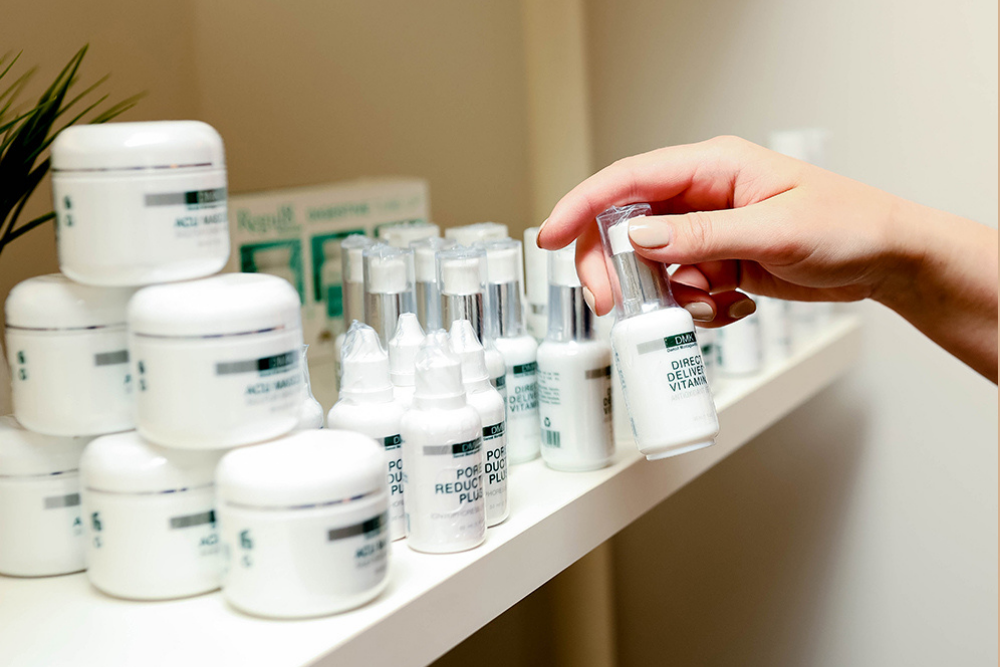The last day of your amazing beach vacation is coming to an end. Along with those beautiful memories of the beachside sunsets, snorkeling, and those lazy afternoons lounging in the sand, you’re likely bringing home a sunburn too. Yes, you applied sunscreen (maybe once in the morning), but that burning, itching, and lobster-toned skin are warning signs that you should never underestimate.
While you may be thinking, “Oh, it’s just one bad burn!”, our skin is sensitive, and the complex underlying structures within our skin’s tissues can be irreparably damaged by a single bad sunburn! Too much sun exposure alters the healthy function of our skin’s DNA, and when too much UV radiation builds up within the skin, different types of skin cancer like basal cell carcinoma can develop.
Along with the scary C-word, other serious sunburn-related issues like premature aging, wrinkles, and loss of skin softness are reason enough to rethink your skin-protection regimen before heading out into the sun.
Simple Sunburn Prevention Tips
It’s easy to protect your skin with a bit of pre-sun planning. The easiest and most obvious way to prevent burns is to avoid direct sun exposure for longer than 20 minutes a day. If that’s not an option, applying a non-toxic sunscreen to any exposed skin before exposure and re-applying every 80 minutes is important. You can also invest in sun-protective clothing, buy a matching sun hat, and enjoy the sunshine without worrying about those dangerous burns ever again!
How to Care for Your Sunburn
If you accidentally forgot your sunscreen and the pink, burning, and itching symptoms are on the rise, there are several steps you can take to soothe the pain and minimize the skin damage. The first step is to get out of the sun (and avoid it while your skin is healing), then you can:
- Cool the Skin: Take a cool shower/bath or gently dab the area with a moist cloth
- Apply Aloe & Aftersun Products: Gentle soy-based products and aloe vera can further help to smooth highly sensitive areas and assist in the healing process
- Drink More Water: This will help your skin cells heal faster, while simultaneously preventing skin-cell dehydration
- Let Your Skin Heal: If your skin is blistering (do not pop them) or the pain is severe, be as gentle as possible while washing and applying moisturizers
- Seek Professional Aftercare Once the Burn is Healed: We provide a treatment called DMK enzyme therapy in Central PA to help your skin naturally recover while proactively preventing the visible signs of sun-related damage from developing
Speak With a Skin Care Professional
If too much sun exposure leads to the development of basal cell carcinoma or another form of skin cancer, many treatments lead to unsightly scar formation. To help our clients restore their natural, healthy skin appearance and texture after surgery, our comprehensive scar revision in Lancaster and other skin-supportive treatments will allow your skin to begin healing from within.




